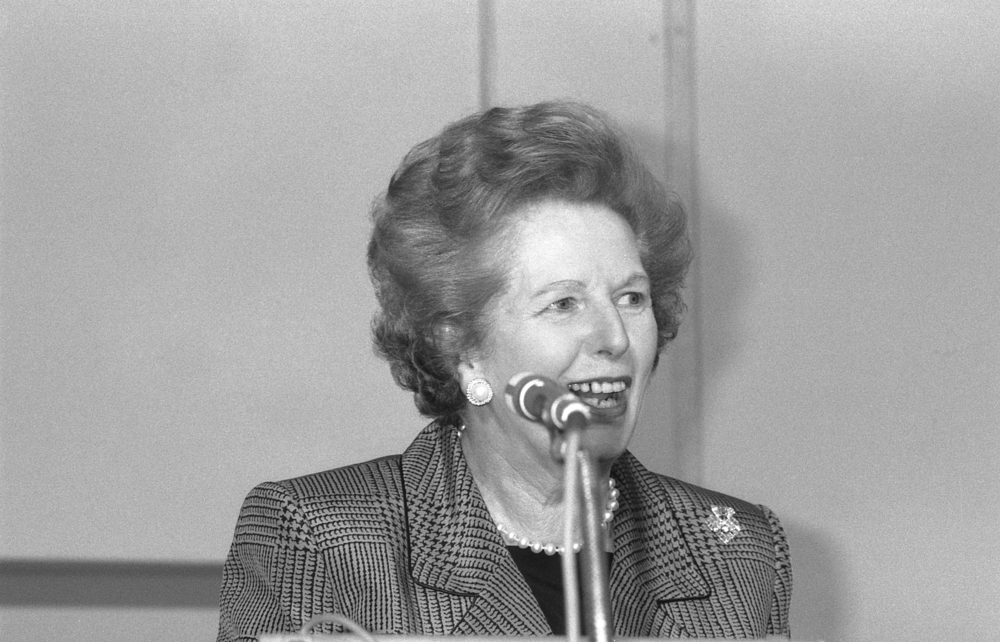Margaret Thatcher remains a towering figure in British politics, revered by her supporters as a visionary leader who transformed the U.K.’s economic landscape. Fondly remembered as the “Iron Lady,” Thatcher is praised for her staunch resolve and unwavering commitment to free-market principles, which many credit with revitalizing the British economy during her tenure as Prime Minister from 1979 to 1990.

Her supporters laud her efforts in reducing the power of unions, privatizing state-owned industries, and fostering a spirit of entrepreneurship that they argue led to increased productivity and global competitiveness. Thatcher’s foreign policy, particularly her assertive stance against the Soviet Union and her pivotal role in the Falklands War, further cements her legacy in the eyes of her admirers as a leader who restored Britain’s stature on the world stage.
Conversely, Margaret Thatcher is often remembered with considerable animosity by her detractors, who view her economic policies as divisive and detrimental to the social fabric of the United Kingdom. Critics argue that her neoliberal agenda—characterised by deregulation, privatisation, and a reduction in public spending—exacerbated inequalities and left whole communities, particularly in northern England, Wales, and Scotland, economically devastated and socially fragmented. Her approach to dealing with the Irish hunger strikes and her introduction of the widely unpopular Poll Tax are frequently cited as examples of her insensitivity to the plight of the less privileged. Additionally, Thatcher’s perceived indifference to the AIDS crisis and her government’s initial inaction are often highlighted as significant blots on her record, illustrating what many consider a callous disregard for marginalised groups.
So is she a hero or a villain? I think the answer is neither. She was a wide-eyed, naive idealist who just didn’t understand the way the world worked. I could bring up many examples. But the one that is in the news right now is Thames Water.
Thames Water, the UK’s largest water company, is facing significant financial challenges, leading to discussions in Whitehall about possible temporary public ownership as a contingency plan. The company, owned by a consortium of international investors, has struggled with operational issues and financial pressures, exacerbated by regulatory restrictions and high levels of debt. The recent resignation of its boss and other internal crises highlight the ongoing difficulties, prompting concerns about the overall model of water ownership in the UK.
Basically since Thatcher privatised it – or sold it off at below market value – the owners have used the steady income from a monopoly to borrow a shedload of cash while not investing in the infrastructure needed to keep the show on the road. It has now got so bad that even banks have noticed. The shit has finally hit the fan metaphorically, and hit the rivers and streams literally. This wasn’t what Thatcher expected. It would be what anyone who lives in the real world would expect. Even the Stuarts knew that when they dolled out a monopoly to a favourite in return for special services in the bedroom it wasn’t going to work out for the benefit of society. If you want someone who has no idea of how the world works or the way human nature operates, talk to a right winger.
